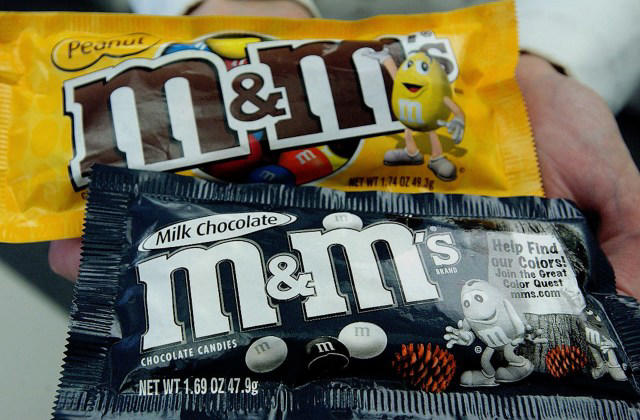The recent surge in cocoa prices to record highs is causing a ripple effect in the chocolate industry, leading to significant changes in chocolate products that consumers have long cherished. With the world’s largest cocoa producers in West Africa grappling with challenges such as drought and disease, chocolate makers are facing the daunting task of adapting to a more volatile market landscape.
Major companies like Mars Inc. are responding to this challenge by implementing various strategies to mitigate the impact of rising cocoa prices. One notable adaptation is the reduction in the size of chocolate bars, as seen with Mars’ Galaxy chocolate bar, which underwent a 10-gram reduction without a corresponding decrease in price. This move aims to maintain profit margins amid escalating production costs.
Moreover, chocolate manufacturers are exploring innovative ways to reduce the cocoa content in their products while still satisfying consumer preferences. For instance, Hershey Co. introduced the Chocolate Frosted Donut Kit Kat bar, featuring a partial dip of chocolate instead of a full coating. This modification allows companies to incorporate less chocolate and cocoa butter into their products, thereby mitigating the financial strain caused by soaring cocoa prices.
A significant trend in the chocolate industry is the increasing prevalence of filled chocolate bars, with more than 40% of molded and segmented chocolate bars in the U.S. now containing additional ingredients such as caramel, nuts, or fruit. This diversification of ingredients enables manufacturers to offset the rising costs of cocoa while offering consumers a wider variety of flavors and textures.
Furthermore, some chocolate producers are exploring the substitution of cocoa butter with cheaper alternatives like palm oil. Given that cocoa butter constitutes approximately 20% of the content in a typical milk chocolate bar, such substitutions offer a cost-effective solution to mitigate the impact of rising cocoa prices on production costs.
However, the challenges facing the chocolate industry extend beyond economic factors, with climate change exacerbating droughts and other extreme weather events that disrupt cocoa production. As a result, food shortages caused by climate-related factors are becoming increasingly common, affecting not only chocolate but also other food products such as hot sauce, olive oil, and crawfish.
In response to these challenges, scientists and researchers worldwide are actively exploring innovative solutions to help food producers adapt to changing climatic conditions. From ethanol treatments for drought-resistant plants to genetic engineering of heat-tolerant crops, these efforts aim to bolster food security and resilience in the face of climate change-induced challenges.
Despite the efforts of chocolate manufacturers to absorb rising costs, many have ultimately resorted to passing price hikes on to consumers. However, companies like Mars Inc. emphasize their commitment to exploring alternative strategies to mitigate the impact on consumers while navigating the complexities of a rapidly changing chocolate market landscape.
